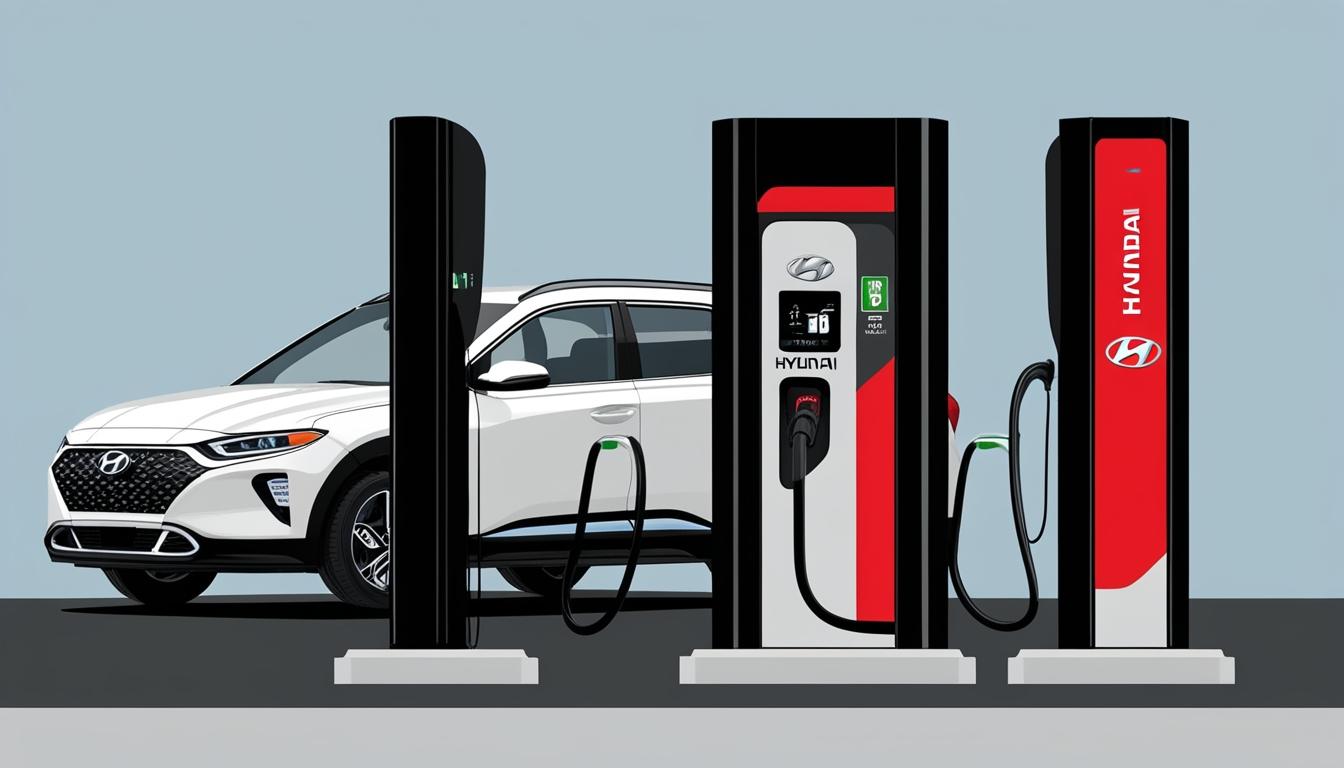Hyundai Motor Group has announced a substantial investment plan aimed at accelerating its electrification initiatives and positioning itself as a leader in cutting-edge mobility solutions. On Thursday, the company revealed its intention to invest 24.3 trillion won (approximately $16.67 billion) in South Korea this year, representing a significant 19 per cent increase from last year's budget. This amount marks the largest annual investment ever for the automaker domestically, underscoring its commitment to navigating prevailing market uncertainties.
The investment will primarily be allocated to research and development in key growth areas, including electrification, software-defined vehicles (SDVs), and hydrogen energy. Specifically, Hyundai Motor has committed to investing 11.5 trillion won in these domains, reflecting a strategic move to secure the next generation of growth engines for the company.
To realise these ambitions, Hyundai aims to launch a comprehensive range of 21 electric vehicle (EV) models by 2030. Meanwhile, its subsidiary, Kia, plans to enhance its own EV offerings with a targeted expansion to 15 models by 2027, thereby contributing to the group's overarching electrification strategy.
In addition to EV development, both Hyundai and Kia will intensify research efforts necessary to facilitate a seamless transition to software-defined vehicles. This shift involves the innovation of core technologies related to in-vehicle software systems, enhancing the overall driving experience.
The automotive group is also looking to bolster its hydrogen capabilities by ramping up the production of hydrogen-powered buses and trucks, while simultaneously expanding its network of hydrogen fueling stations. Last year, Hyundai had announced plans to create a comprehensive hydrogen energy value chain, emphasizing the gas's significance as a renewable resource in advancing carbon neutrality.
Investment will also flow into Kia's EV Plant in Hwaseong, Gyeonggi Province, which is under construction and expected to be operational in the latter half of 2025. This facility will manufacture what Hyundai refers to as its strategic Platform Beyond Vehicles (PBVs)—modular cars designed with a flexible chassis to accommodate a variety of upper body configurations tailored to specific customer needs.
The commitment to sustainability is further evidenced by plans for increased investment in eco-friendly auto parts aimed at enhancing both electric and hybrid vehicles.
Moreover, Hyundai Motor Group has earmarked 800 billion won for advancements in autonomous driving technology and artificial intelligence (AI), both regarded as essential pillars for the group’s future growth trajectory.
An official from Hyundai Motor Group stated, "We will continue to secure future growth engines through consistently aggressive investments, unaffected by any external uncertainties, and driven by a spirit of change and innovation." This statement embodies the company's resolve to maintain high levels of investment regardless of external pressures.
Earlier in the week, Executive Chair Chung Euisun underscored the importance of confronting market uncertainties and navigating crises effectively. He noted that Hyundai has emerged stronger as a result of prior challenges, reflecting an adaptive strategy amid evolving global conditions, including escalated geopolitical risks associated with changes in the United States administration and fluctuating consumer confidence due to adverse economic conditions nationally and internationally.
Source: Noah Wire Services
